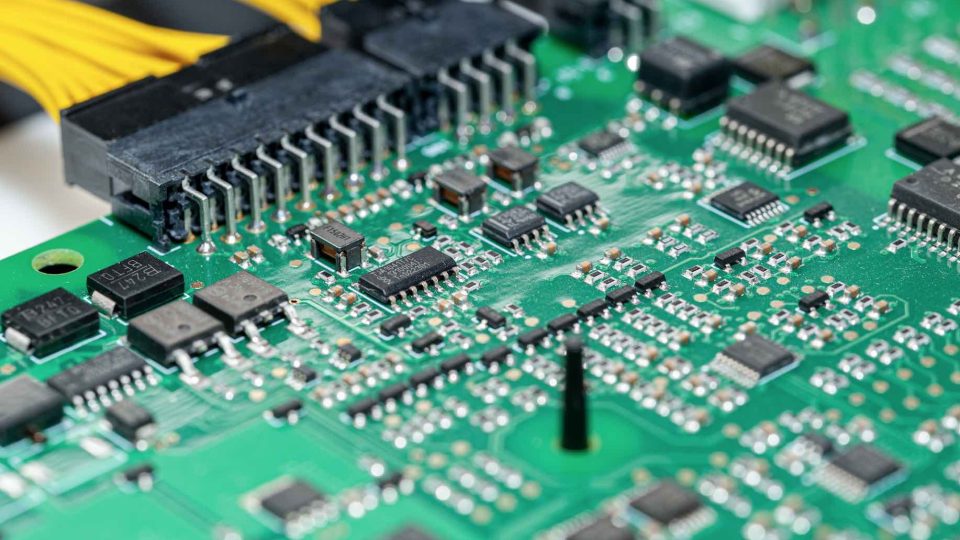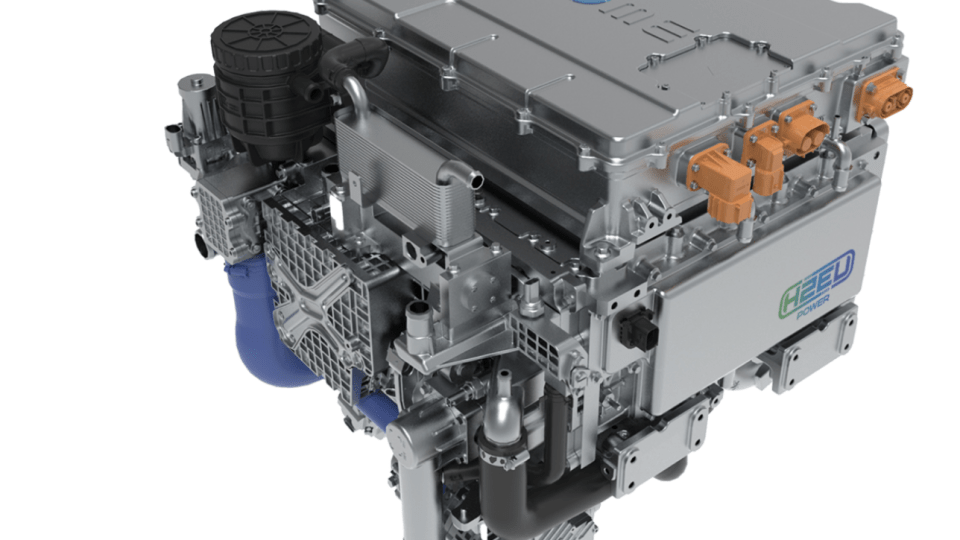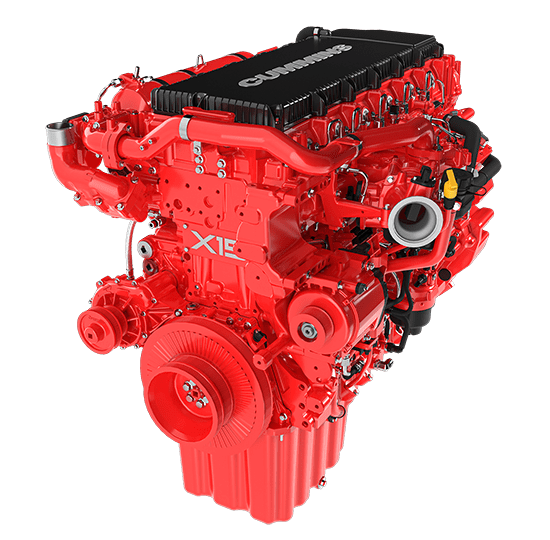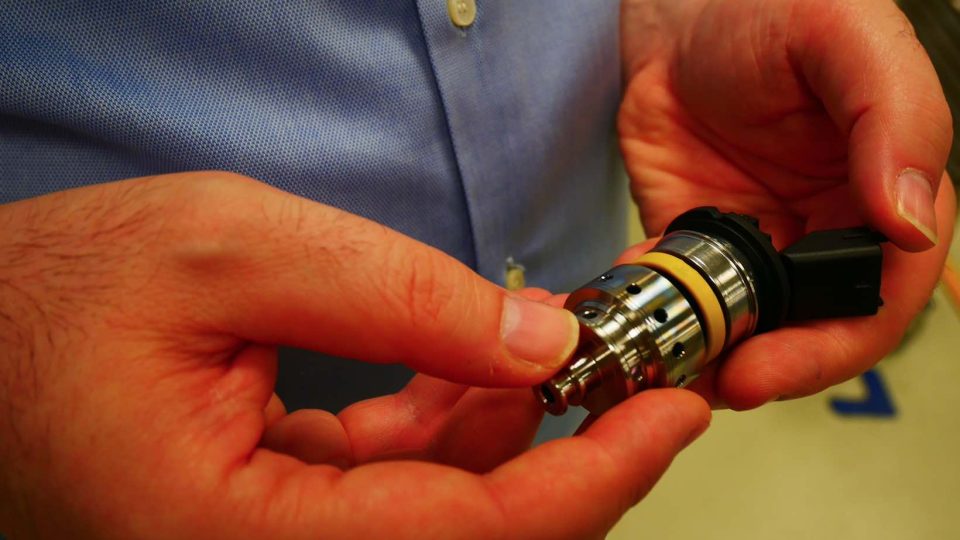Cummins hydrogen internal combustion engines for Tata ZE trucks. Production starts in Jamshedpur, India
The first B6.7H hydrogen internal combustion engines rolled off the production line in March 2024 and will now be integrated into Tata Motors’ trucks. Hydrogen internal combustion engines provide diesel-like performance and operating range while running on zero-carbon hydrogen fuel.
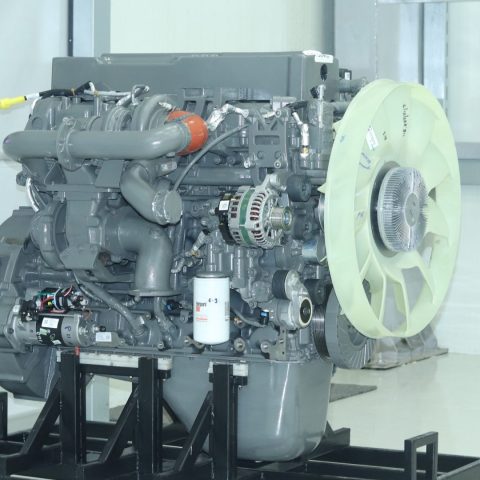
Cummins is about to start production of its hydrogen internal combustion engines addressed to Tata Motors zero-emission trucks. The innovative engines will be manufactured at Cummins’ new production site located in Jamshedpur, India.
Precisely, the first B6.7H hydrogen internal combustion engines rolled off the production line in March 2024 and will now be integrated into Tata Motors’ trucks. Hydrogen internal combustion engines provide diesel-like performance and operating range while running on zero-carbon hydrogen fuel.
Cummins and Tata: the last step (so far) of a long-lasting partnership
The B6.7H engine shares many of the same components as current diesel and natural gas engines, it fits where a standard engine fits and can be refuelled in minutes. The installation of the B6.7H will enable Tata Motors and Cummins to demonstrate a practical, sustainable zero-carbon power option to support the decarbonisation of India’s commercial vehicles industry. Indeed, at the end of 2022, Cummins and Tata announced a MoU to introduce zero-emission commercial vehicles in the Indian market.
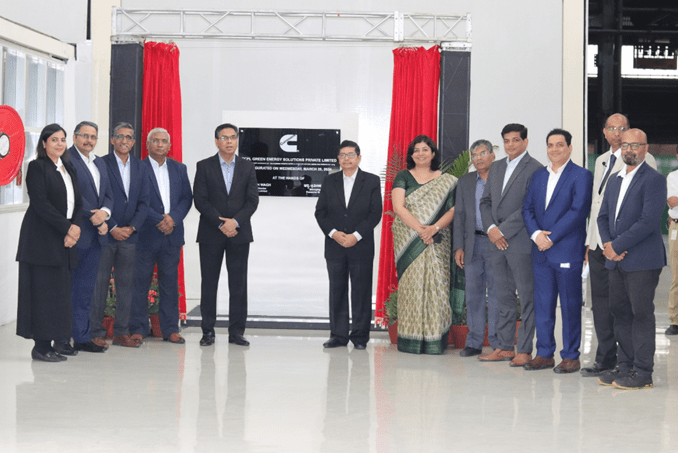
The new manufacturing facility is part of a 50:50 joint venture between Tata Motors Limited and Cummins Inc., and will produce hydrogen internal combustion engines for medium and heavy-duty commercial vehicles, as well as other low-to-zero emissions technologies like batteries and hydrogen fuel cells.
Statements from the companies
“Cummins has always believed in bringing the right technology that powers the success of our customers at the right time. We strive to bring advanced low to zero-emissions technology to the market in pursuit of decarbonising the on-highway industry. Alongside our global expertise and technological capabilities, working with similarly innovative companies like Tata Motors will ensure we realise this ambition”, stated Ashwath Ram, Managing Director, Cummins Group in India.
“Tata Motors’ established legacy of nation-building, innovations, and industry firsts gains further momentum with the opening of this new-age manufacturing facility. The hydrogen-based powertrain aggregates and systems produced here will shape the future of mobility in India, making it smarter and greener. We remain committed to partner our customers to build a better tomorrow by enabling them to progressively adopt emission free and commercially viable solutions for cargo and people mobility”, added Girish Wagh, Executive Director of Tata Motors.




